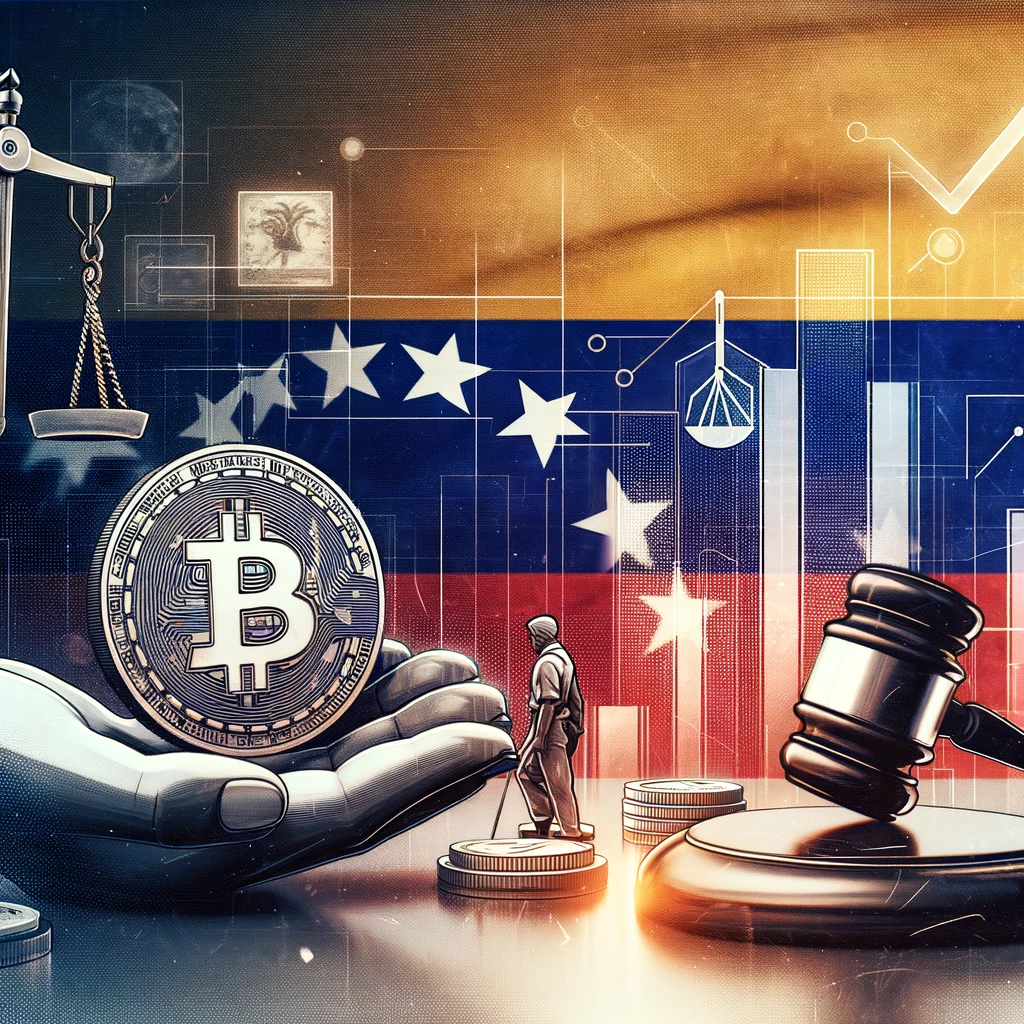The government of Venezuela has terminated its national cryptocurrency, the Petro (PTR), effective January 15, according to media reports. Launched in 2018, the Petro was introduced as a mechanism to circumvent U.S. sanctions, but it struggled to gain traction both domestically and internationally.
The Petro, backed by Venezuela’s oil reserves and initially priced at $60 per unit, was part of President Nicolas Maduro’s strategy to combat the economic constraints imposed by international sanctions. Despite this, the cryptocurrency failed to resonate with citizens and financial bodies, with some labeling it a “scam.” The complexities of its usage and limited applicability in everyday transactions contributed to its lackluster adoption.
Limited adoption and legal controversies
Efforts to promote the Petro included mandates for its use in various state operations, such as tax payments and traffic fines. However, the actual usage remained restricted, with challenges in implementation. For instance, fines levied in Petros could not be paid using the cryptocurrency itself.
The situation was further complicated by legal challenges. In June 2020, U.S. Immigration and Customs Enforcement issued a $5 million bounty for Joselit Ramirez Camacho, head of the National Superintendency of Crypto Assets, which managed the Petro. Accused of involvement in international narcotics trading, Ramirez Camacho was later arrested in March 2023 in Venezuela on separate charges related to financial misconduct in the national oil industry.
Transition to Bolivars and the end of an era
With the Petro’s closure, all crypto wallets on the Patria Platform, the sole trading platform for the Petro, will be shut down. The remaining Petros are being converted to bolivars, Venezuela’s struggling fiat currency. This transition ends an ambitious but ultimately unsuccessful experiment in national digital currency.
The demise of the Petro also aligns with a larger crackdown on cryptocurrency operations in Venezuela. The country, which has seen significant adoption of cryptocurrencies like Bitcoin as a hedge against hyperinflation, is now facing a reevaluation of its crypto policies. This includes a halt to Bitcoin mining operations and the shutdown of several crypto exchanges.
The Petro’s closure reflects the complexities and challenges of implementing national cryptocurrencies, especially in economically and politically volatile environments.
Land a High-Paying Web3 Job in 90 Days: The Ultimate Roadmap
